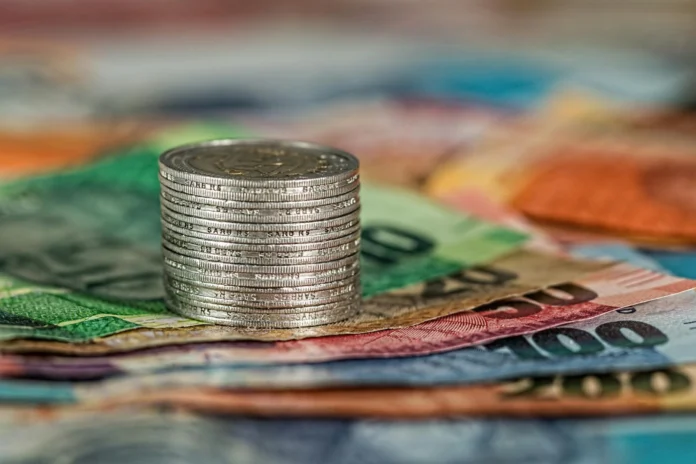Economics is a complex and dynamic science that studies the production, distribution and consumption of goods and services. In today’s globalized world, the economy is constantly changing, influenced by a wide range of factors such as technology, politics, culture and climate change. This article discusses some important aspects of the modern economy and the challenges and opportunities it presents.
Globalization and International Trade
Globalization has led to increasingly intertwined national economies. Countries are more dependent on international trade than ever before. This interdependence presents both opportunities and challenges. On the one hand, countries can benefit from specialization and economies of scale, leading to more efficient production and lower costs for consumers. On the other hand, dependence on global supply chains can expose vulnerabilities, as was evident during the COVID-19 pandemic when global supply chain disruptions emerged.
Technological Innovation
Technological progress is a driver of economic growth. Innovations such as artificial intelligence, automation and digital platforms have increased productivity and created new markets. Companies can operate more efficiently and consumers have access to a wider range of products and services. However, technological advances also bring challenges, such as labor displacement. Jobs in traditional sectors are disappearing, while new skills are in demand. This requires investment in education and training to prepare workers for the jobs of the future.
Sustainability and Climate Change
One of the greatest challenges facing the modern economy is the need to integrate sustainability into economic activities. Climate change and natural resource depletion are forcing policymakers and businesses to consider environmentally friendly practices and sustainable growth. Renewable energy, circular economy and green technologies are some of the ways economies are trying to reduce the carbon footprint. The transition to a sustainable economy offers opportunities for innovation and new markets, but also requires significant investment and policy measures.
Inequality and Inclusiveness.
Economic growth is not always accompanied by an equal distribution of wealth. Income and wealth inequality is increasing in many countries. Inequality can cause social tensions and undermine economic stability. Policymakers face the challenge of developing inclusive growth strategies that benefit everyone. This can be done through progressive tax systems, investment in education and health care, and measures to make the labor market more accessible.
Conclusion
The modern economy is characterized by rapid change and a wide range of challenges and opportunities. Globalization, technological advances, sustainability and inequality are some of the key issues driving the economic agenda. It is crucial that policymakers, businesses and individuals work together to promote a resilient and inclusive economy that not only fosters growth, but also ensures equity and sustainability. By proactively responding to these dynamics, we can create a future where prosperity and well-being go hand in hand.










